Attracting Crows to Your Yard
Often when we think of crows, we think of them as a nuisance. Their black feathers and ominous glare have made them popular in cinema and literature throughout history. However, crows are quite fascinating and have distinct characteristics that make them fun to feed and watch. Many are unaware that attracting crows to your yard is not only entertaining but beneficial in several ways, such as:
- Offer natural pest control
- Transport and store seeds, promoting forest renewal
- Provide waste management in an area
Continue reading below to learn more about how to attract crows to your yard so you can enjoy their company and the benefits they offer.
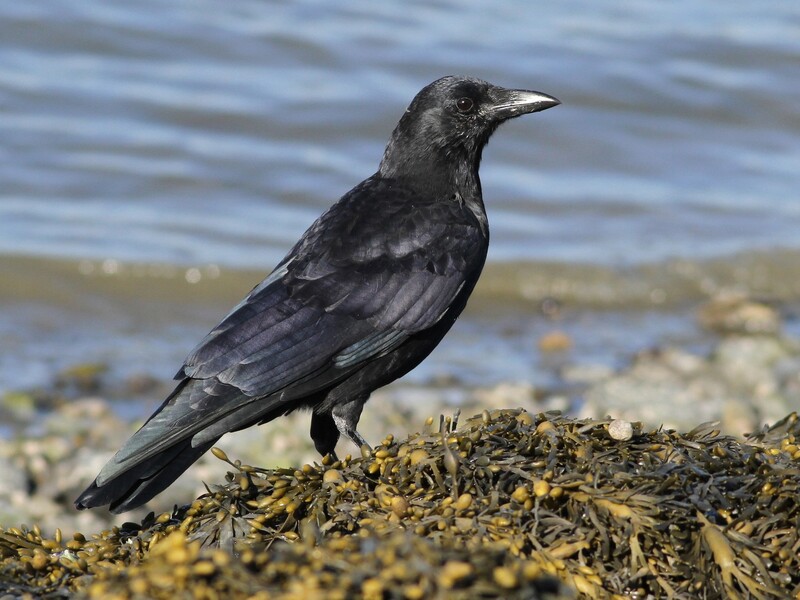
1. Food, Feeding Routine, and Feeder Location
Crows are not generally picky eaters when it comes to their food. As mentioned above, they are great at waste management, so they will eat anything that is dead; just like a vulture. Finding the right food may require some trial and error, or you may get it right the first time around. Due to their intelligence, they may at times be particular about what is left out for them.
Try things that will catch their eye, like unsalted peanuts in the shell. Not only are they challenging, but they love the taste of them. Offering things they normally won’t find in the wild will entice them to come into your yard regularly. Other foods to try with them are:
- Eggs
- Popcorn
- Nuts
- Fruits
- Dog or Cat Food
If you really want to ensure that crows will visit you, it is important to provide a consistent feeding routine. With a routine, they will come to see that the location is reliable. Another thing to be aware of is having an adequate feeder location. Choose a spot that crows can easily see from the sky.
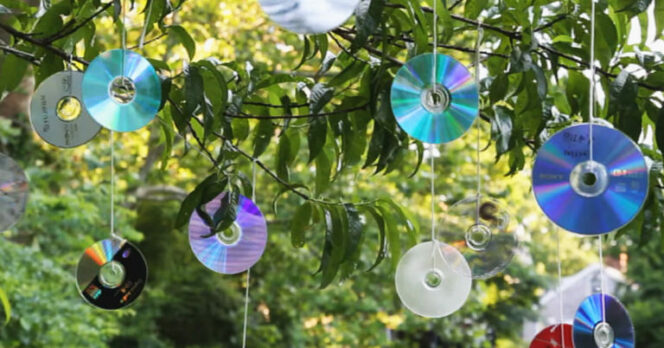
2. Shiny Objects
Crows, like other birds, are drawn to shiny, reflective objects. So crows are actually quite the collectors of little items that shine in the sunlight. Objects that they often scavenge after are food wrappers, pieces of plastic, or small coins.
Leaving shiny objects around outside will assist in attracting crows to your yard. It establishes trust and excites them to find these items. Some suggested things to try are hanging CDs, setting out reflective wind sculptures, or placing shiny globes either on pedestals or sitting on the ground.
3. Decoy Crows
Socializing is a big part of a crow’s day. They like to roost in large numbers and enjoy one another’s company. Place two to four fake crows around the area so as to encourage them and help them feel comfortable visiting.
Keeping in mind that crows are intelligent, try to have at least one decoy that moves. Setting them up in a friendly group will pique the curiosity of other crows. Also, decoys are inexpensive and can be found in stores and online.
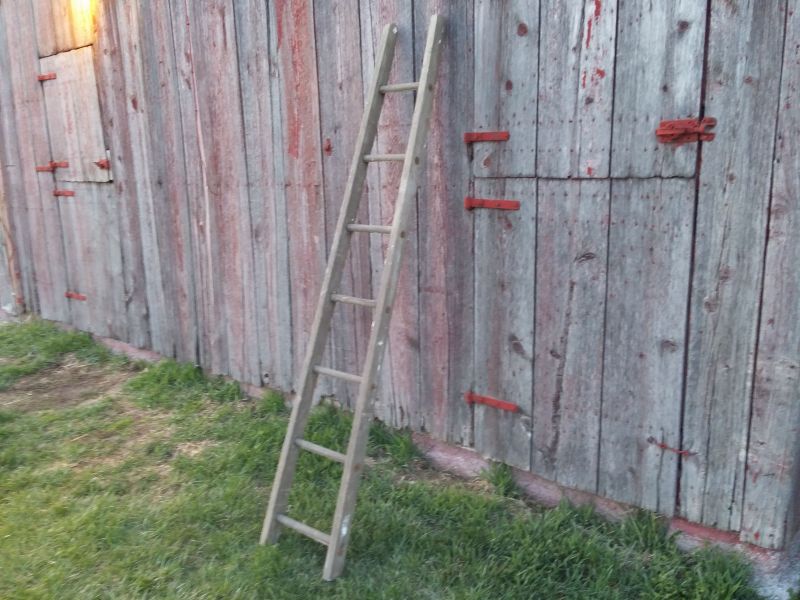
4. Removing Dangers and Noise
Like any other bird, too much noise or having large objects in your yard can frighten them away. For example, wind chimes, squeaky gates, or loud doorbells will not be welcoming to a crow. Likewise, large objects that may creak or move or just large objects, in general, will spook them. Ladders or wood propped up against a barn are perfect examples.
Dangers to remove from the yard are your pets. Any cats or dogs that live outside will be a huge deterrent for crows. They will not come into the yard unless they have learned that the animal is quiet and keeps to themselves.
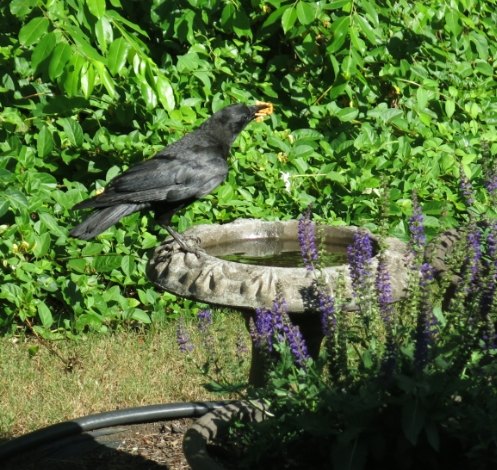
5. Birdbaths
Birdbaths are a great way to bring crows and other birds to your yard. Water is a vital component to birds, especially in the summer months and when the temperature drops below freezing. By installing a birdbath, crows will have a place to drink and bathe.
Given their size, crows will need a larger than usual birdbath. However, keep in mind that this will also draw attention from other animals such as squirrels and even raccoons. Be sure to change the water daily and clean the bath out regularly to prevent disease.
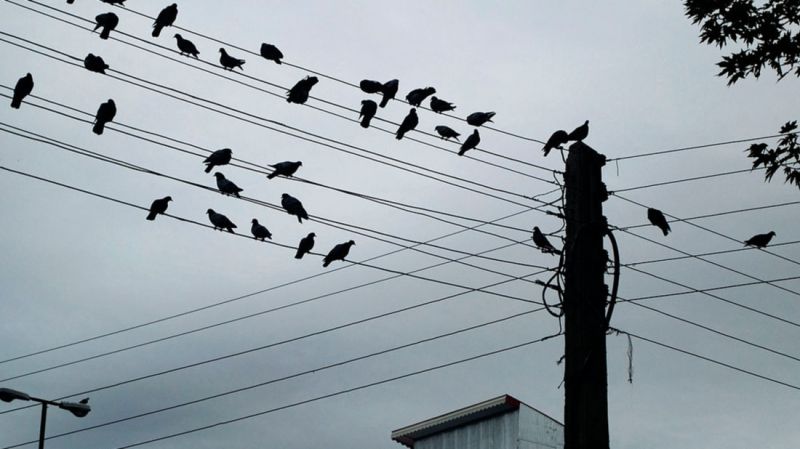
6. Provide Roosting
Although we commonly see them about the ground, crows like roosting above the landscape. If you do not have trees or your trees are not large enough for them to roost in, you can try setting up a post with horizontal dowel rods. Due to their large size, ensure that the structure is sturdy enough to hold them.
7. Crow Calls
Calling crows can be done one of two ways. You can set up an electric caller that plays various calls, or you can use a traditional reed caller. Crows are very inquisitive and respond quickly to calls. When using either, crows are more likely to respond in the late evenings or in the early morning.
Remember, if you call them to the yard, have some of the above suggestions in place so they will be encouraged to stay. Crows are smart, and after a few times of calls that lead to nothing, they will not respond.
8. Take Up Composting
Previously we noted that crows would eat anything dead. Therefore, setting up a compost bin is beneficial to both you and the crows. Crows are omnivorous and enjoy picking through various food scraps.
A compost bin provides a natural feeding option and keeps them away from your trash. When setting up a compost area, consider that other animals will be attracted to it. So secure it in a way that the crows can still access it while keeping out raccoons, possums, or any other animal you may not want around.
We hope the above information will help you in attracting crows to your yard. Once they start to frequent your yard, don’t try to get too close to them. They can be a bit standoffish until they feel that they can trust the area and you. Also, be patient with them as you set up things. They may not be interested at first, but with repetition and time, they will begin to trust you.
Related
- Doves are another very common bird in the states, just like crows. Ever wondered how long doves live for?
- In your backyard birding adventures, if you ever stumble upon an injured bird, it’s important to take caution. Read more about the proper steps to take in: What To Do With An Injured Bird.
love it! crows rule